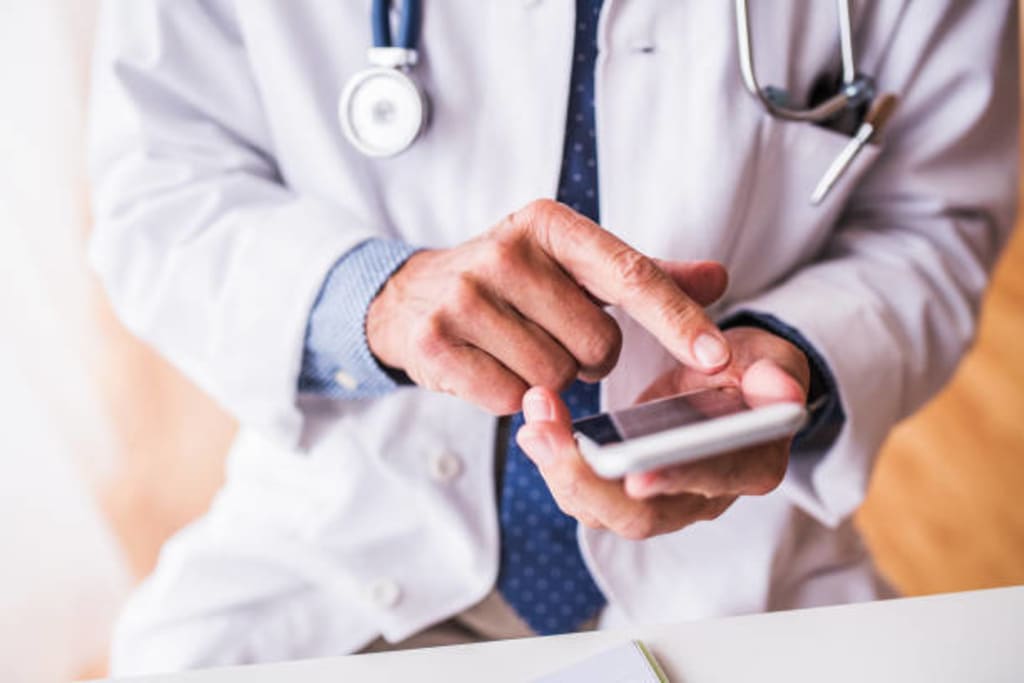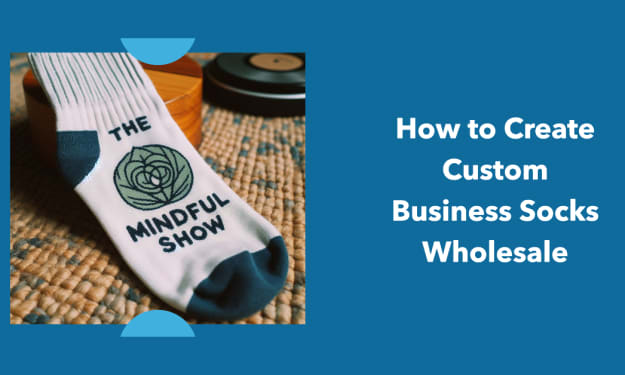Advantages of mobile applications in the healthcare ecosystem
Applications and Advantages

To provide superior services across borders, healthcare institutions are contemplating mobile applications. Over the last several years, health apps have gained immense traction as they continue to transform the healthcare industry. The healthcare and medical industries are expanding their reach due to their efforts to improve efficiency, communication, and the overall quality of treatment provided. The significant advancement in mobile technology that we are seeing today has significantly impacted a wide range of sectors.
Mobile applications may be found everywhere, beginning with the realm of entertainment and progressing to the way financial institutions communicate with their customers. It may not be particularly logical to assume that all of these developments have had no impact on the healthcare industry. With the support provided by mobile phones and tablets devices, healthcare and public health practitioners can develop new and inventive methods to offer healthcare services outside of typical care environments. Furthermore, they are seen as a potential resource for increasing the productivity of healthcare providers while simultaneously improving patient health outcomes.
Their general classification may be broken down into the following categories:
Applications for clinical reference and diagnostic purposes: These applications aid physicians and other healthcare professionals manage clinical practice and medical examinations.
Telemedicine applications: These applications assist in providing virtual patient care by licensed practitioners and physicians.
Health management applications: Aid users in analyzing their health concerns such as diabetes, psychological health, cholesterol level, pulse rate, and more.
Wellbeing & Gym applications: Includes dietary apps that help measure calories, stress-management apps, nap apps, and other tracking apps that aid folks to live better lifestyles.
A closer look at some of these benefits shows:
More Active Participation by Patients
In today’s patient-centric world, excellent treatment has become crucial. Patient-centered treatment, customized experiences, and the exchange of information are all made possible through health apps. Patients may access and check their medical records/prescription data from home comfort without visiting hospitals.
Reduce the likelihood of an incorrect diagnosis
It’s risky, inefficient, and time-consuming to keep track of patient information by hand. On the other hand, the health applications eliminate all dangers to the patient that may otherwise be deadly. The app helps to keep an accurate report on the patient’s health status. This aids physicians in determining the proper dose and chemical compositions of the drug they are prescribing. A patient’s medical history may be quickly retrieved if they move between healthcare providers.
Immediate Access to Medical Treatment
Mobile health applications, as opposed to inefficient conventional telephone connections to physicians and healthcare organizations, make it simple and secure for users to send messages, book appointments, and communicate with care providers around the clock, including telemedicine consultations.
Patients may ask their queries through videoconferencing, chats, or phone conversations, avoiding the need to come in for an in-person visit for minor difficulties. As a result, the procedure is very efficient.
Hassle-free payments
In the past, dealing with invoices was a time-consuming procedure that included both patients and medical employees. Thanks to mobile apps, people no longer have to stand in huge lines for hours to make payments for healthcare services. Integrating a highly secure payment gateway inside the app allows users to make immediate payments safely and with just a few clicks without leaving the app. They may also choose their chosen payment option, pay online (with a debit card), and interact with their insurer (if necessary) using applications.
Prescription Reminders Have Been Improved
Electronic reminders may be set up in various health applications to remind patients of their medication, upcoming meetings with specialists, prescription renewals, and other important events. Patients gain significant control over their treatment since they no longer worry about losing a therapy appointment. It eliminates a significant amount of time-consuming and repetitive administrative labor while improving the patient experience via automated reminders.
Improvements in Data Management
Every day, healthcare institutions deal with a large amount of personal information. As a result, it must be well organized. If they are linked with an EHR, healthcare applications automatically capture essential patient data from connected devices in the network or wearable devices. Health care professionals will be able to develop a thorough profile of every patient and be HIPAA compliant.
IoT is being used to improve medical facilities.
Healthcare applications linked to the Internet of Things, including wearables such as fitness trackers and other connectable devices. Real-time monitoring devices, such as blood pressure and heart rate monitors, glucometers, and other similar devices, allow clinicians to obtain accurate medical data from their patients at any given location or at any given time.
Furthermore, ultrasound scans, thermometers, electrocardiograms, and other devices are linked together, allowing people and medical authorities to follow their health more effectively. Doctors can make informed judgments and provide definitive treatment due to the data acquired by the Internet of Things (IoT) healthcare equipment.
Conclusion
Healthcare mobile applications are precious to both consumers and providers in the market. But, more importantly, they may provide several benefits to a third party — in this case, regulators. This fact may be utilized as an extra argument to justify the importance of promoting mobile applications across the business.
Keep in mind that while considering developing an app for this industry, the first thing you should manage is the list of advantages that this solution may provide to both patients and physicians. Although the technical aspects of your app are crucial, its usefulness is the most significant factor in its success.
About the Creator
Kurt Goodwin
Professional medical billing specialist at RCM Matter, leading medical billing company in Georgia






Comments
There are no comments for this story
Be the first to respond and start the conversation.